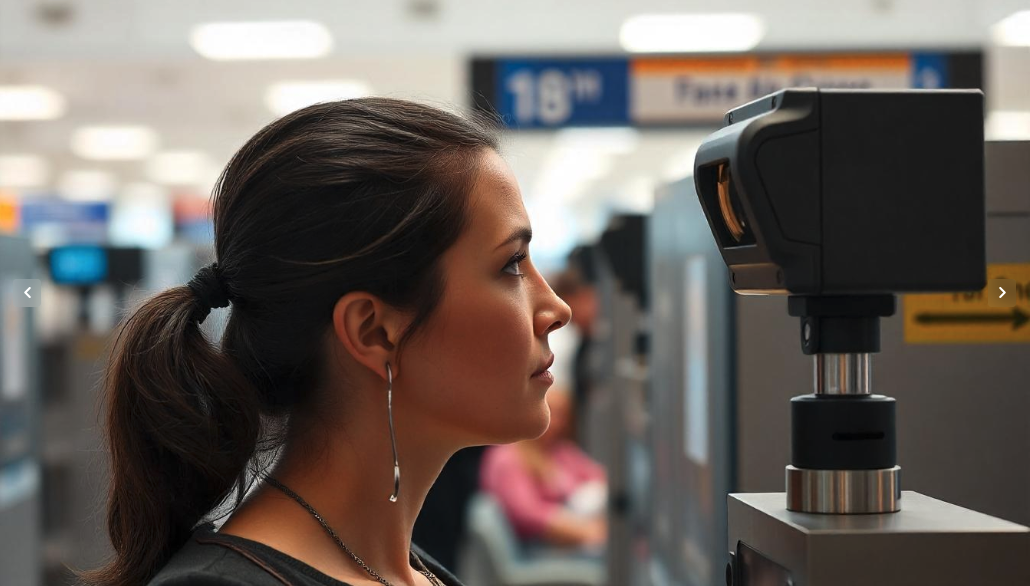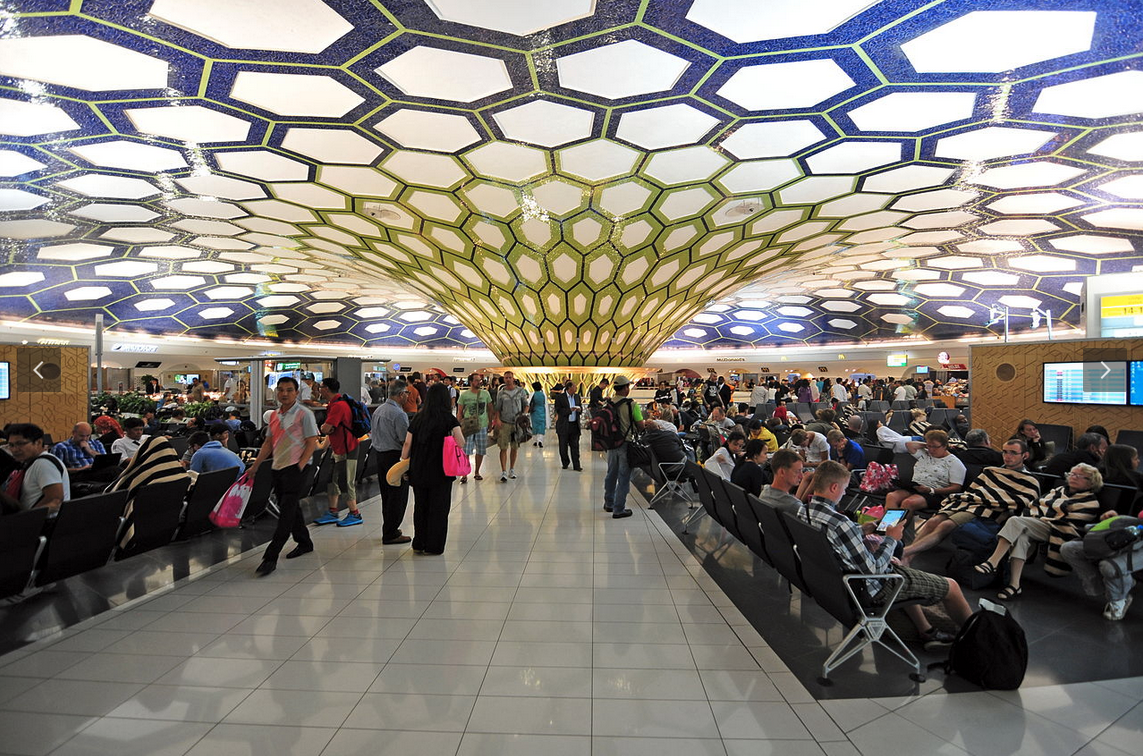While privacy experts in the U.S., Canada, Europe, and other countries are concerned about the issues surrounding biometrics and the recent arrest of an airline passenger in the U.S. due to facial recognition issues, more countries are embracing biometrics. In fact, Zayed International Airport (AUH) in Abu Dhabi has announced it will be the first airport to require biometric boarding by 2025.
Already known for its hi-tech infrastructure, the airport’s Smart Travel Project will involve biometric sensors at every identification checkpoint at the facility, .
Biometrics, of course, are the measurement and analysis of unique physical or behavioral characteristics (such as fingerprints, facial features or voice patterns), especially as a means of verifying personal identity (thanks, Merriam-Webster!)
Despite the concerns of privacy experts, airport security and travel experts are thrilled.
“They are boldly moving forward in adopting facial recognition as the means to let travelers into their system, and I commend them for doing it,” said Sheldon Jacobson, an engineering and computer science professor at the University of Illinois.

“Facial recognition is the future, and we will start to get intelligent with airport security and focus on the traveler rather than the items they bring. By doing that, you create a different paradigm,” Jacobson continued. “What they are doing in Abu Dhabi is just the beginning, but it has to start somewhere.”
Saeed Saif Al Khaili, General Director at the United Arab Emirate’s Federal Authority for Identity, Citizenship, Customs, and Port Security, said in a July press release that the Biometric Smart Travel project “aims to enhance the travel experience at Zayed International Airport from curb to gate, ensuring high levels of security and safety.”
Although the airport won’t comment on its plans, it’s generally known that Zayed International Airport’s program relies on a partnership with Abu Dhabi’s government. The UAE’s Federal Authority for Identity, Citizenship, Customs & Port Security collects biometrics from every traveler arriving in the UAE for the first time. The airport then uses this database to verify passengers passing checkpoints.
What about the U.S.?
We probably won’t see vast changes like that for quite some time.
Jacobson admitted that while the UAE’s political system allows for faster program implementation, the TSA tends to move much more slowly on changes. With that, an all-encompassing collection of biometric data likely wouldn’t fly in the U.S., at least not now. Whenever new biometric programs are introduced, he said, there is “tremendous pushback.”
“This worked in Abu Dhabi because UAE is a small, wealthy monarchy with a high degree of population trust in the government and sufficient resources to devote to technical innovation,” said Irina Tsukerman, a national security lawyer and fellow at the Arabian Peninsula Institute. She readily admits it wouldn’t work the same way in the U.S. “Transition to full automation for all eligible travelers will be time-consuming, onerous, expensive, and meet resistance from airport worker unions,” she said.
Gee, ya think? 😉
But meanwhile, if you travel through AUH next year or beyond, there’s a good chance that your I.D. will be done biometrically.
Feature Photo: Piqsels
Want to comment on this post? Great! Read this first to help ensure it gets approved.
Want to sponsor a post, write something for Your Mileage May Vary, or put ads on our site? Click here for more info.
Like this post? Please share it! We have plenty more just like it and would love it if you decided to hang around and sign up to get emailed notifications of when we post.
Whether you’ve read our articles before or this is the first time you’re stopping by, we’re really glad you’re here and hope you come back to visit again!
This post first appeared on Your Mileage May Vary

